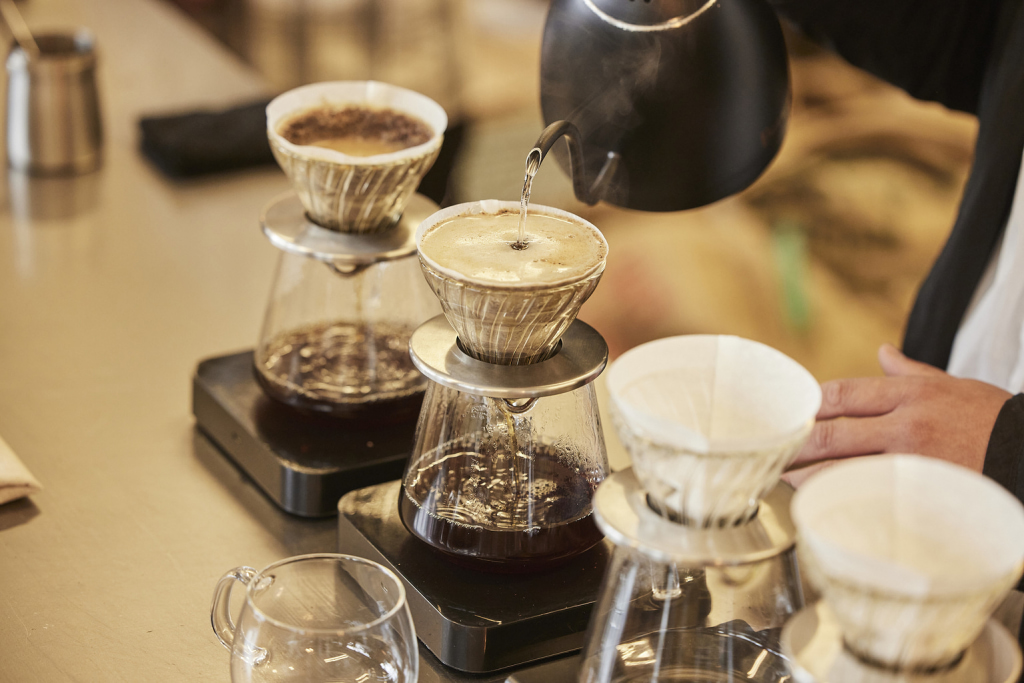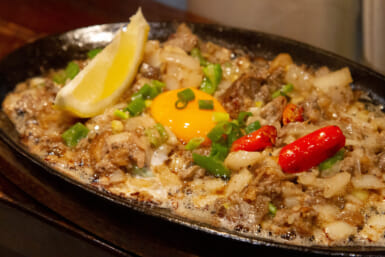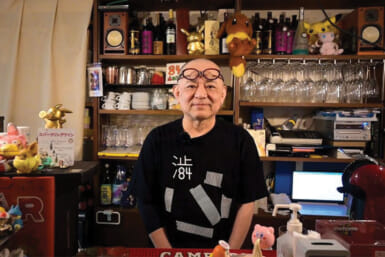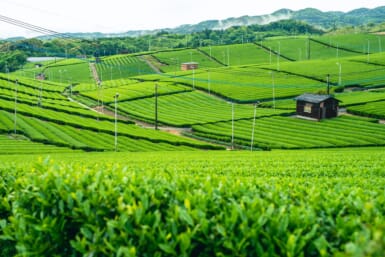Typica is an international startup that aims to make the distribution of green coffee beans – those that haven’t been roasted – more transparent. They recently launched the world’s first online platform that allows for the direct trade of green coffee beans, by jute bag, between farmers and roasters. The website also maps roasters all over Japan that offer seasonal coffee sourced directly from coffee growers, as well the locations of those same growers. The aim is to make a notoriously exploitative industry more sustainable by delivering fresh beans to people who need them, in the quantities they need, at reasonable prices. Not to mention that, through this method, cultivation becomes more profitable, and the services provided by roasters earn added value.
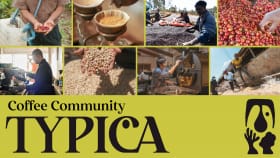
Sustainable Coffee Practices
While it used to be custom to deliver beans in 18-ton containers, TYPICA sells coffee in burlap bags as small as 60 kilograms. Small-scale producers, who previously did not have ample resources to export their crop, can now deliver through the company’s service. This distribution process also guarantees full transparency of sourcing, such that the name of the producer and the farm, the delivery route and information about the beans are totally available to recipients, minimizing any obscuring effects of a domineering middleman. About 500 Japanese roasters are using this distribution service, which is in its pre-launch period.
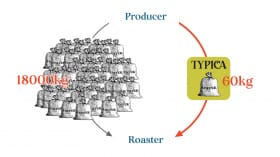
Digitalization Can Increase Green Coffee Trade
Companies like Typica give hope for change in the coffee industry. Due to climate change and the decline in international coffee prices, the number of Arabica coffee production areas is expected to fall by half in 50 years. And due to Covid-19, green coffee bean exports are decreasing, while the number of in-season production areas is increasing. There are also concerns about farmers’ and roasters’ well-being with the pandemic-induced economic downturns.
Contrastingly, according to a “coronavirus impact survey” conducted by Typica, among its clients in October 2020, over 70 percent of roasters reported that the pandemic had not produced any significant change in business, with some even reporting great increases in EC sales – showing that the digitalization of distribution could promise to expand green coffee trade. In a time where commercial exchange is stunted and direct contact is scarcer than ever, the need for a direct trading platform is greater than ever.
The founder of Typica, Masashi Goto, stresses the tremendous economic presence of coffee, citing that coffee is a global commodity second only to oil in terms of scale of trade. So the transformation of distribution modes is a necessary step in increasing the quality of beans and life for everyone involved, from farmers to cafés to consumers.

A Sustainable Coffee Revolution
How does this direct delivery work in practice? In 2013, Ryo Shimomura opened a coffee shop in Shibuya to realize his passions for espresso. But rather than pursuing a career as a roaster, he decided to start a sort of subscription service, PostCoffee. On the PostCoffee app, users answer a few questions about their lifestyle and coffee preferences and receive a box of selected grounds as a regular monthly delivery. They offer around 30 types of single-origin coffee from 15 countries around the world, all sourced via Typica.
Or take Peter Muchiri, a bean grower from Kenya, who was born in a coffee farming family. “I am trying to be a revolutionary game changer in the market,” he says. “The revolution I am talking about is to connect roasters and growers, to create a win-win relationship.”
In fact, Typica keeps an archive of both roasters’ and growers’ coffee “narratives.” You can also catch the company on Instagram and Facebook.

